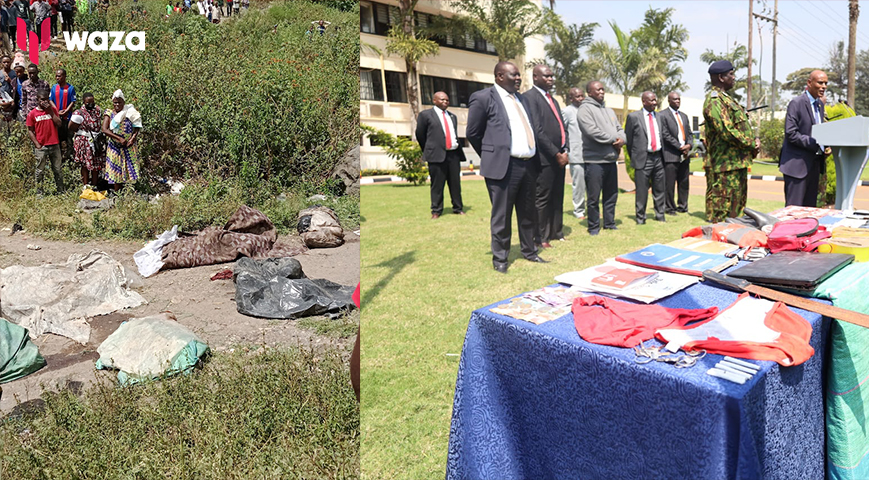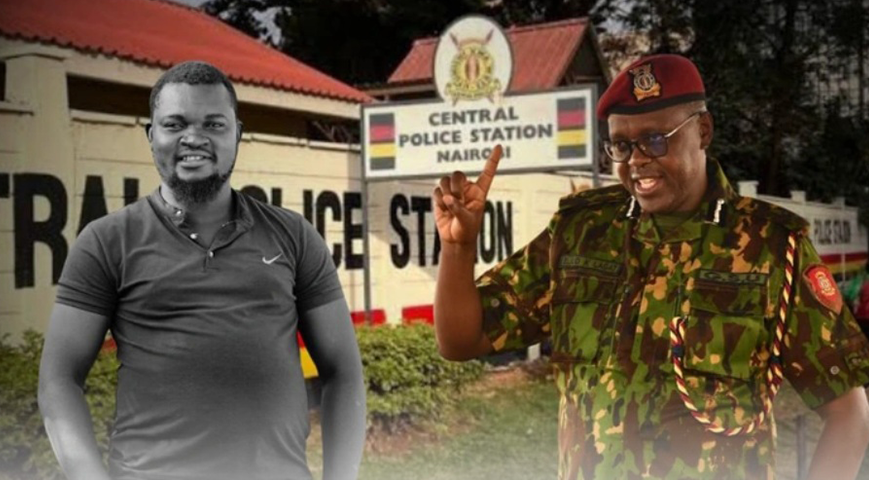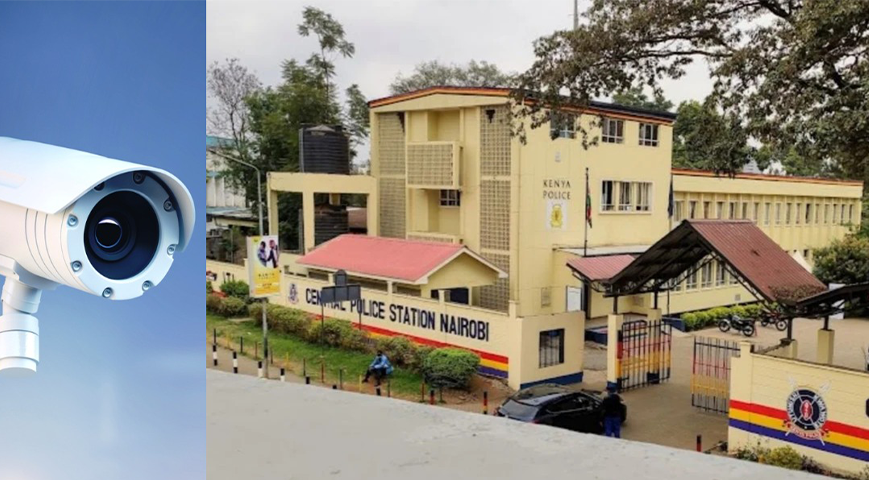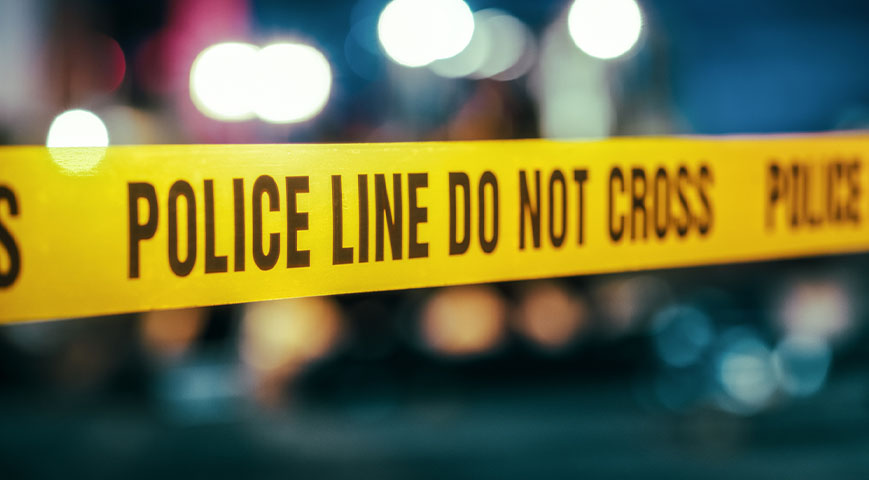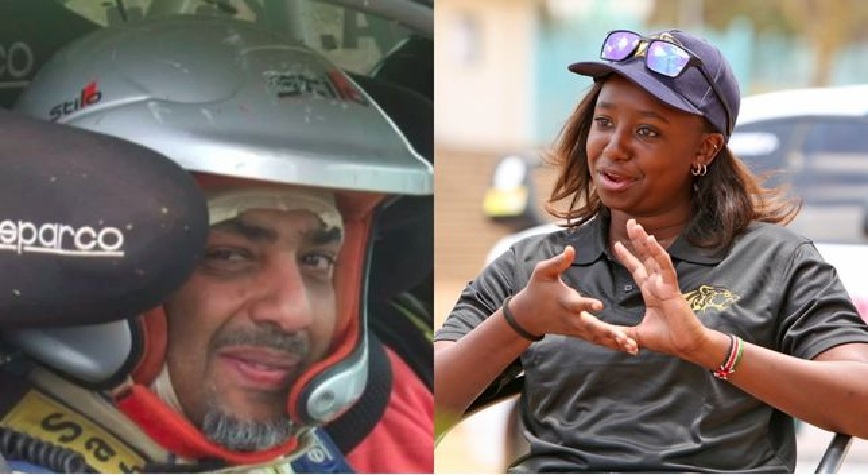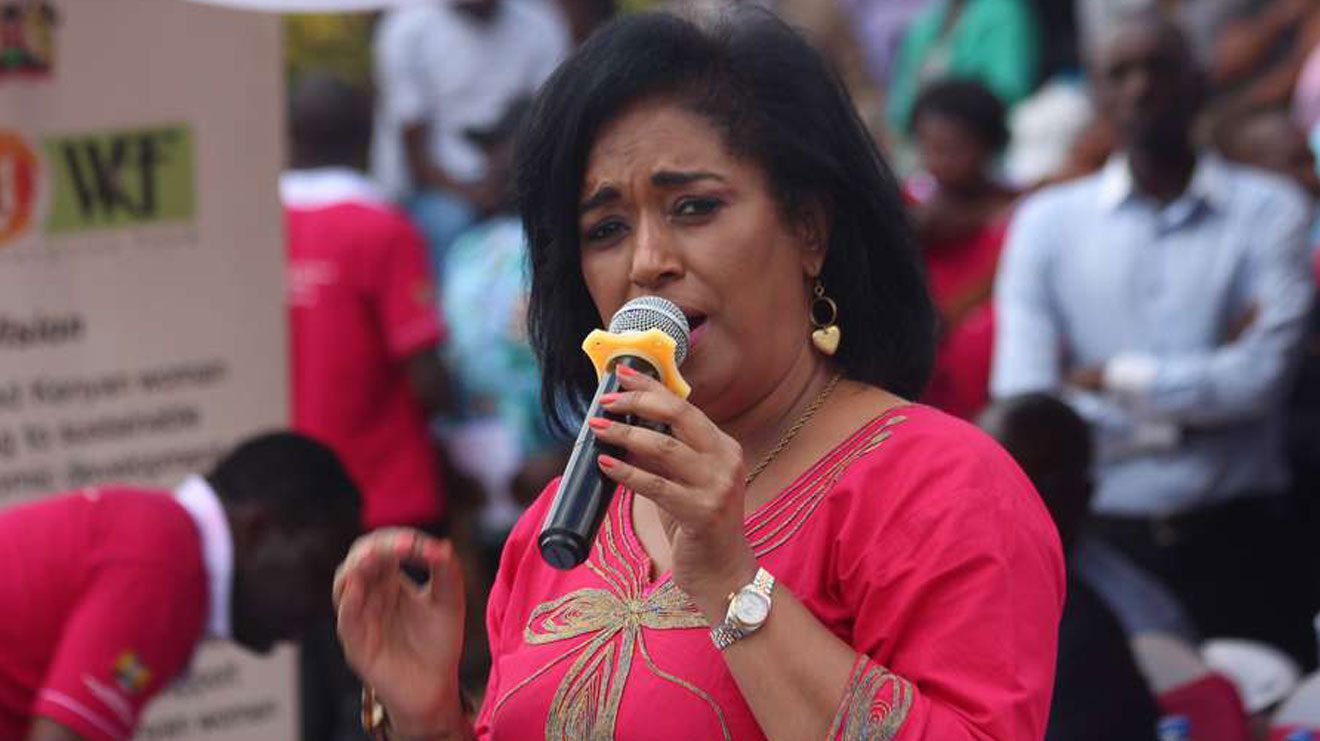The Kenya National Commission on Human Rights (KNCHR) has strongly condemned the recent discovery of mutilated and decomposing bodies at the Kware dumpsite in Mukuru Kwa Njenga, Nairobi. In a media statement released on Tuesday, the Commission detailed that the bodies were dismembered and wrapped in sacks and black polythene bags. Detectives have arrested a suspect who allegedly confessed to the murders of 42 women, with ten bodies recovered so far.
The KNCHR expressed deep condolences to the affected families and voiced concern over the quarry fire, which they believe may hinder thorough investigations. They also condemned extrajudicial killings, referencing the recent discovery of Denzel Omondi's body in a Juja quarry, and called for comprehensive forensic investigations following the Minnesota Protocol to determine the cause and timing of the deaths.

The Commission stressed the need for transparency and accountability throughout the investigation process, especially during post-mortem examinations, and encouraged relatives of missing persons to undergo DNA testing to help identify the deceased.
The KNCHR has appealed to Parliament and the Treasury for funds to support a thorough investigation into suspected extrajudicial killings and involuntary deaths, underscoring the importance of truth and closure for the affected families.
Did you read this?
Additionally, the KNCHR provided an update on the ongoing anti-finance bill protests, which began on June 18th, 2024. They reported fifty deaths across various counties, including Nairobi, Nakuru, and Mombasa, and noted that 413 people have been injured. Despite repeated calls to end abductions and arbitrary arrests, the KNCHR reported that 59 people have been abducted or are missing, and 682 have been arbitrarily detained.
The Commission condemned these actions and demanded the immediate release of all illegally detained individuals. They have sought court orders for Habeas Corpus to ensure accountability for the missing and abducted persons. The KNCHR urged the Inspector General of Police, the Independent Policing Oversight Authority (IPOA), and the Office of the Director of Public Prosecutions (ODPP) to expedite investigations and prosecutions of all individuals involved in human rights violations during the protests, emphasizing the need for transparency and regular updates.

